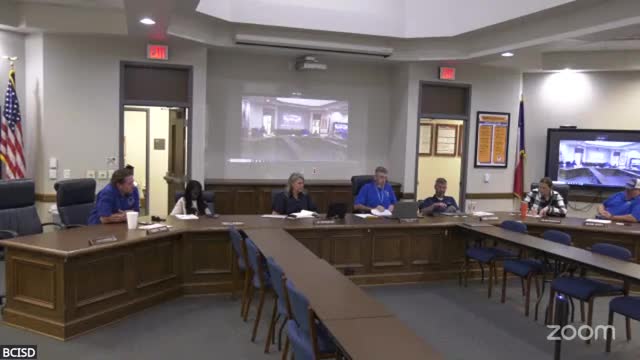Article not found
This article is no longer available. But don't worry—we've gathered other articles that discuss the same topic.
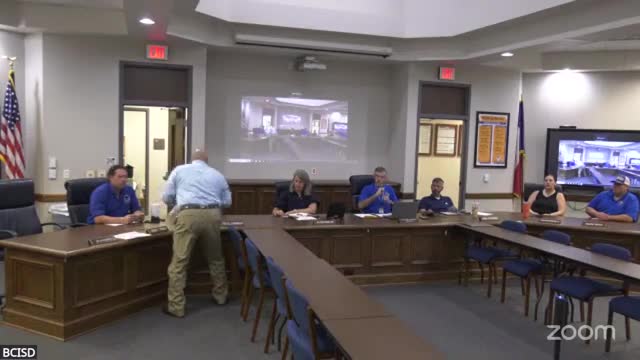
Custodial services RFP: Bay City ISD hears AHI presentation as board weighs possible contract
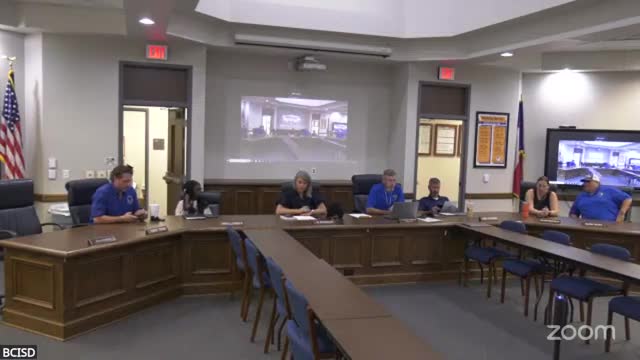
Bay City ISD board authorizes president to retain Thompson & Horton LLP for personnel legal issue
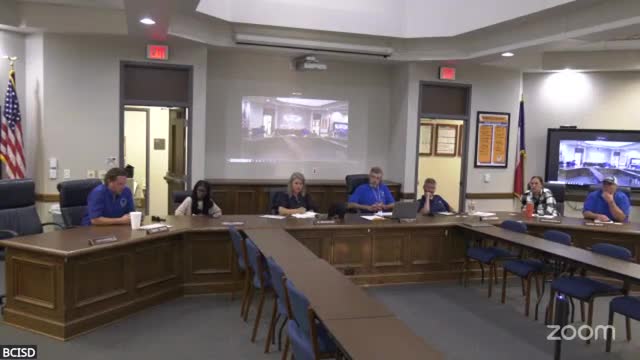
Bay City ISD flags special‑education staffing shortfall; staff to analyze compensation and reduce reliance on costly contractors
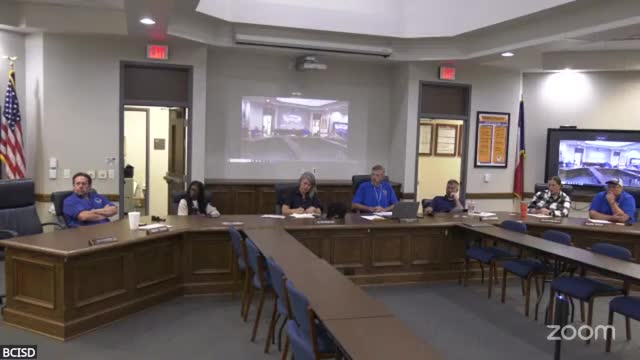
Bay City ISD to end dual‑credit reimbursement, reassess Early College designation amid budget strain
